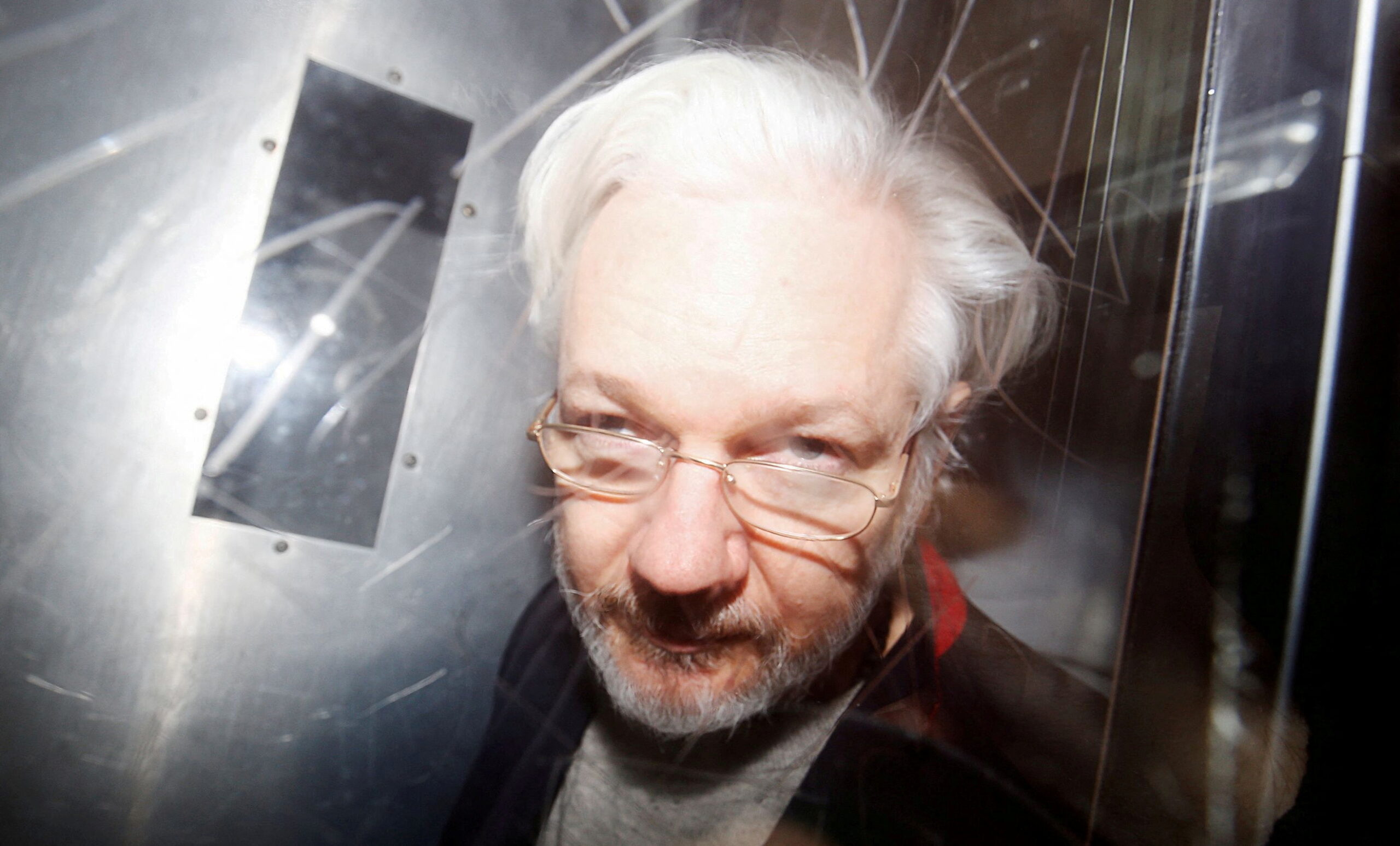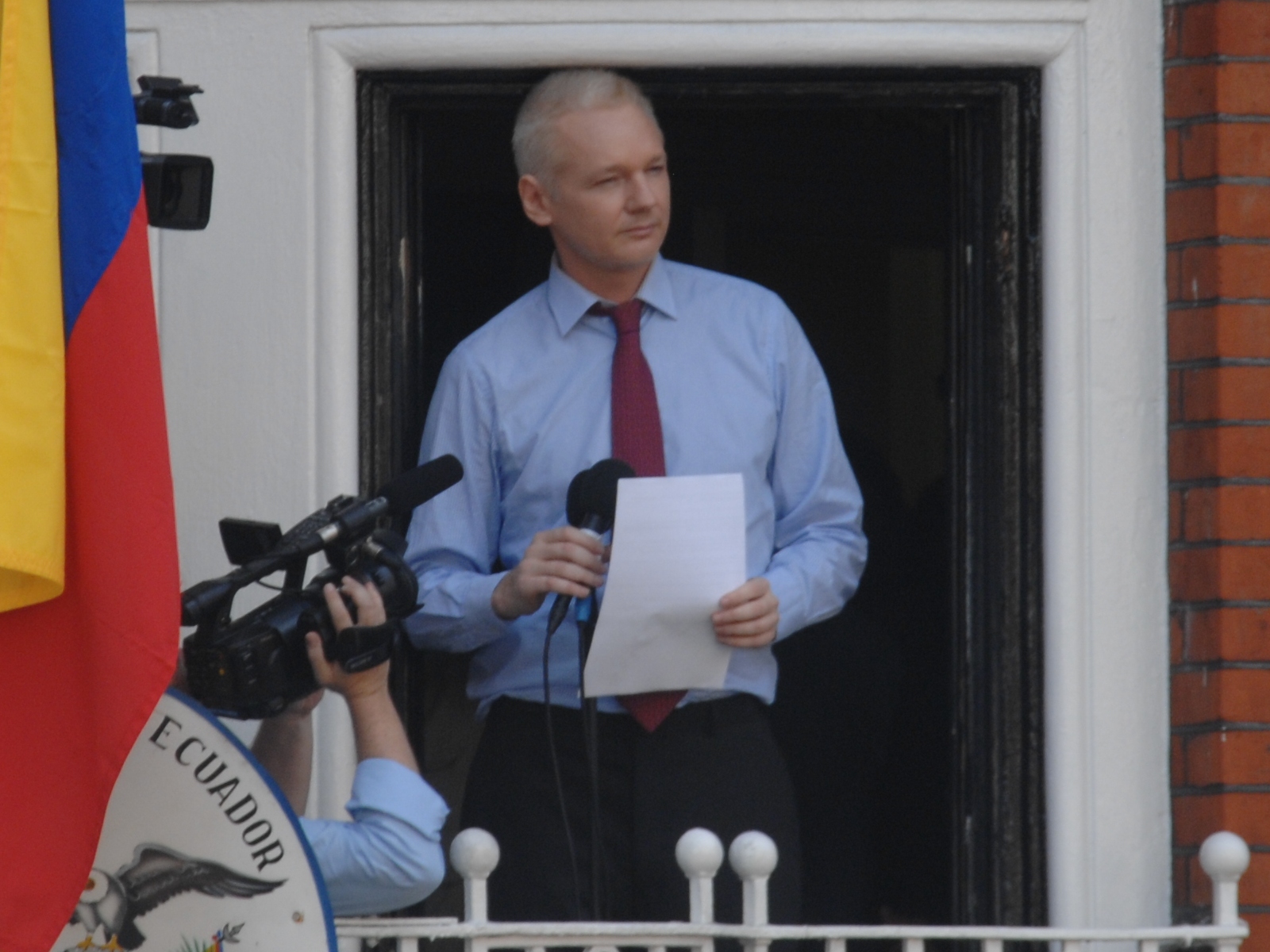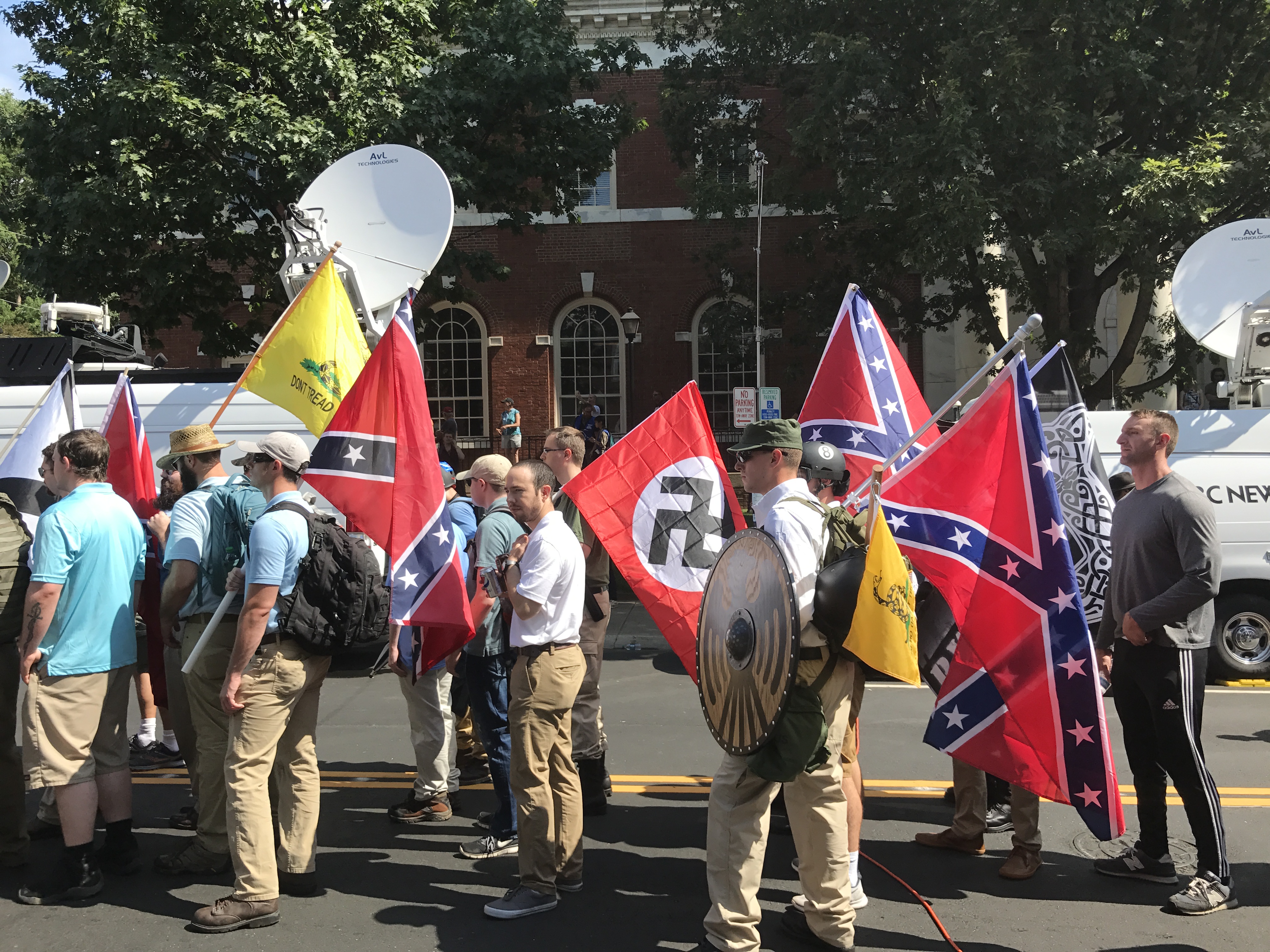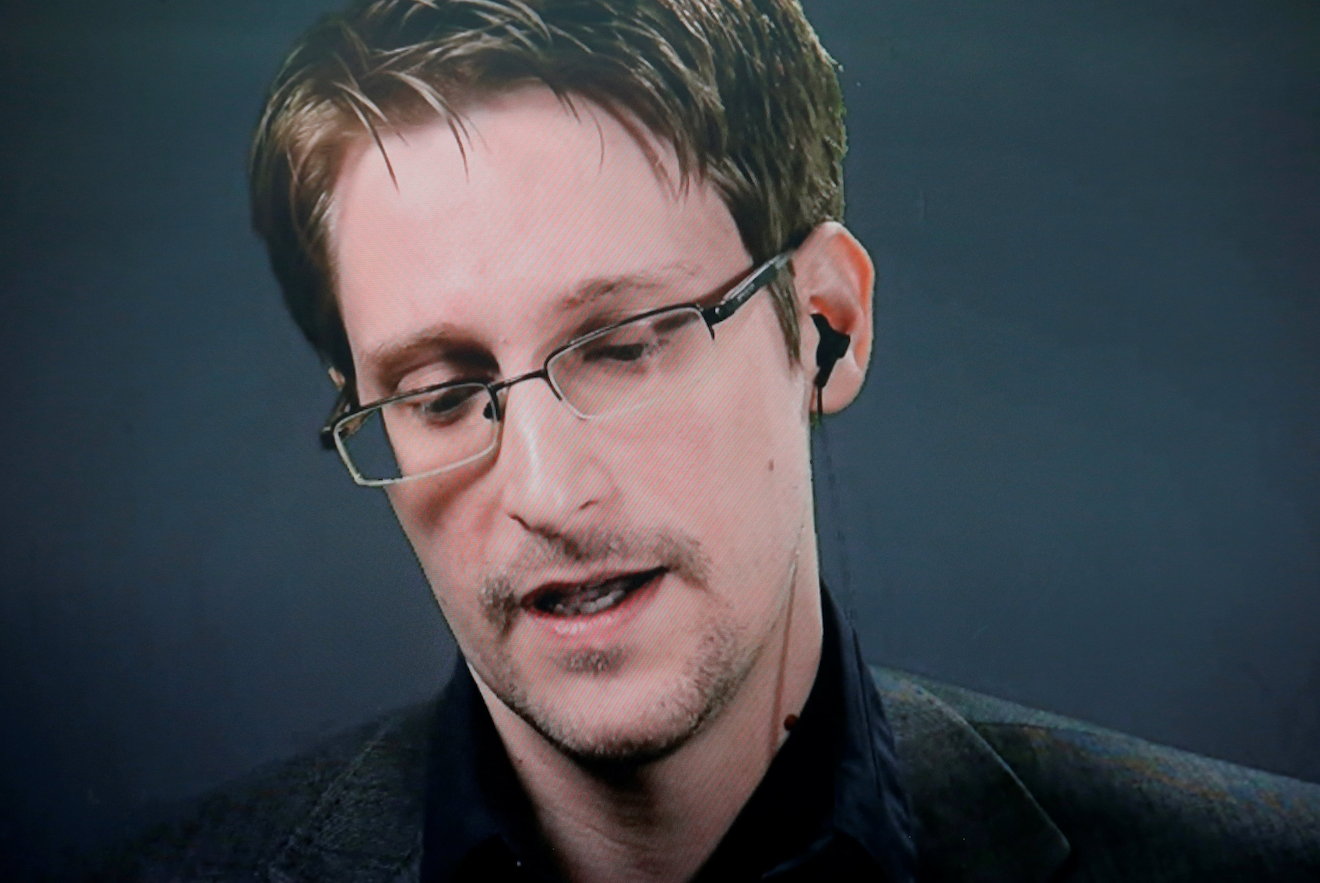Twitter Barred from Disclosing ‘National Security’ Information Requests, Ninth Circuit Says
The FBI restricted what Twitter could publish in its biannual “Transparency Report,” but the U.S. Court of Appeals for the Ninth Circuit ruled March 6 in a 2-1 decision that it was not a violation of the company’s freedom of speech.
Press Freedom Organizations Condemn Assange Extradition Order
Press freedom organizations worldwide were swift to condemn Friday’s statement by UK Home Secretary Priti Patel that she was proceeding with the U.S. extradition order for imprisoned WikiLeaks founder Julian Assange. The Committee to Protect Journalists, (CPJ), International Federation of Journalists, Reporters Without Borders and PEN International all weighed in, warning of the potentially dangerous precedent this could set for journalists.
The Pentagon Papers Case—David Rudenstine on its Meaning a Half Century Later
"The Pentagon Papers case affirms fundamental values and principles. Truth matters— facts matter. The role of the press in the American governing scheme is to serve the 'governed' and not the 'governors.' The protection of a 'cantankerous press, an obstinate press, a ubiquitous press' is essential to a vibrant and strong American democracy. That is the profound and enduring meaning of the case," Cardozo Law Professor David Rudenstine writes.
UK Judge Refuses to Extradite Julian Assange to the U.S. to Face Espionage Charges
A British judge refused the United State’s request to extradite WikiLeaks founder Julian Assange after finding there was a “substantial” risk that he would harm himself. “I am satisfied that, in these harsh conditions, Mr. Assange’s mental health would deteriorate, causing him to commit suicide with the single-minded determination of his autism spectrum disorder,” District Judge Vanessa Baraitser said in a ruling released on January 4th.
“While Defendants did, of course, have a constitutional obligation to refrain from restricting Plaintiff’s speech on account of the threat, or possibility, of public hostility to their Alt-Right message, the law is clear that Defendants had no constitutional obligation to prevent that public hostility,” Judge Norman K. Moon wrote.
Snowden Responds to DOJ Lawsuit, Argues Government Selectively Enforces Prepublication Review Rules
“There is a strong likelihood that the government would have subjected Mr. Snowden specifically to such discriminatory treatment,” Snowden’s lawyers wrote. “A whistleblower the government considers to be a traitor would have been seeking permission from the very agencies on which he blew the whistle to speak about his views on surveillance."
As Whistleblower’s Identity Spreads, Social Media Companies Are Asked to Intervene
Should social media companies remove posts with the whistleblower's name to protect the person from harm? Facebook and Twitter have different answers.
Gene Policinski Commentary: New Assange Charges Raise Two First Amendment Alarms
The Newseum Institute’s First Amendment expert, Gene Policinski, originally published this commentary on June 13, 2019, on the Newseum blog, and has given First Amendment Watch permission to reprint. For […]






